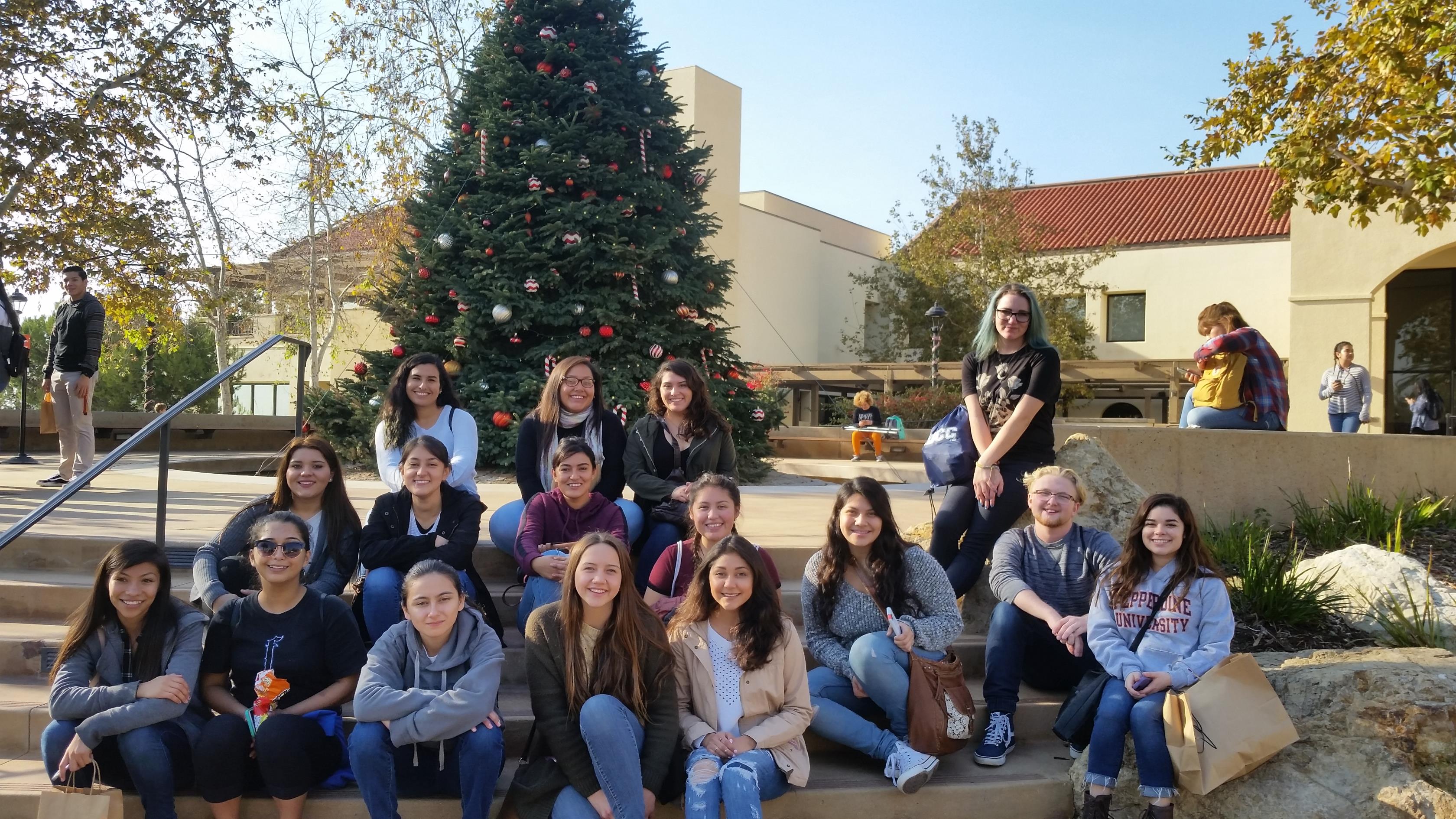There are three general categories of financial aid. The aid you receive may include one, two, or all three types. If there is a type that you don’t want, you can always refuse to accept part or all of your aid award—be warned though, that you will then be responsible for coming up with those funds yourself.

You should begin researching scholarships throughout your high school career. The more research you do the more scholarship you will find. Remember to apply prior to the given deadline.
Here are some items that scholarship applications may ask for:
- Essays on one or more topics
- Letter(s) of recommendation from teachers, counselors, coaches, or community members
- A résumé
- School transcripts
There are several types of grants. Cal Grant is awarded by the state of California. For more information, visit Cal Grants. Pell Grant is awarded by the federal government. For more information, visit Department of Education's Pell Grant page. College and university grants are awarded to students and each may have different criteria. For more information consult your prospective school.
This is money that you have to pay back eventually. There are many different loans that fall into two main categories: subsidized and unsubsidized. The government pays the interest while you are in school with a subsidized loan. With an unsubsidized loan, you pay the interest while you are in school, although you can defer paying it until after you graduate (which is convenient but basically makes the loan bigger).
The idea is that once you graduate, you will get a job that pays more than enough to take care of the loan, so it is a type of investment in yourself. It is possible to get deferments on these types of loans (delay payments on them due to financial hardship).
Also, pay attention to the interest rate on the loan, as a small difference between two loans can add up to a large one over the years as you pay it back.
This type of aid is different in that it rewards employers for hiring you. You apply for jobs, typically on-campus, that are part of the work study program. If you are hired, work study pays for half your salary, up to the full amount that you were awarded. The idea is that, rather than handing you money, you work to earn it. The advantage of having work study is that employers are more willing to hire you because they are getting you for half price compared to someone else.